Are you about to add essential oils to your wellness toolkit? If so, you’re in luck! Here is our guide to using essential oils.
1. Ease Into It: Less Is More
It’s possible to apply too many essential oils to your skin. To keep your skin hydrated and safe, use only about 12 to 13 drops. This is more than enough for a full-body massage!
Going over the recommended number of drops will either result in toxicity, wasted oil, or just an unpleasant greasy feeling.
2. Dial It Down for Kids and Pets
For kids and some pets, you’ll have to knock the dose down by half. If you use 12 drops for yourself, a child might require just six.
3. Safety First
Essential oils can be dangerous when used incorrectly. It’s important to make sure that your essential oils do not touch your eyes. Think twice about touching your face in the middle of a massage!
4. Keep It On Your Skin and Off the Menu (Unless the Doctor Says Otherwise)
Generally speaking, essential oils should not be ingested for medical reasons unless your doctor has cleared it. Of course, there are exceptions. Some oils are used for cooking!
5. Only Tea Tree Oil and Lavender Oil Go Straight on Skin
Make sure to dilute your oils or use them on top of a carrier oil or ointment. Unless you’re using tea tree oil or lavender oil — which are safe on your skin — an essential oil needs dilution for safe application.
6. Keep Them Away From Children
“Ooooh! What’s this?” This is the last thing you’d like to hear when your child is near any of your essential oils. Essential oils can be toxic to kids if they ingest them or and accidentally rub some on their eyes.
For safety, keep your essential oils in a place far from your children’s reach and sight.
7. Not Before the Doctor Says So
Essential oils can treat nausea, tension headaches, anxiety, infections, and inflammation — but they shouldn’t be a substitute for good old-fashioned medical advice.
Feel free to use essential oils to complement your treatment, as long as you’re not using them as your primary solution. For treating an illness, see a doctor before you decide to oil up.
8. Keep Essential Oils in a Cool, Dark Place
Storing essential oils in a cool, dark area prevents them from drying up. Make sure you also keep them sealed. Leaving the bottles open will cause the oil to dry up.
You don’t want to be wondering where your lavender oil went, do you?
9. When In Doubt, Read the Label
Some essential oils can go on the skin, while others require a carrier oil or liniment. There are also other essential oils that are best left in a humidifier. Whatever the case may be, you should read the label if you’re unsure about how to use a certain oil.
10. Ask First Before Mixing and Matching
Some essential oils don’t go together. For example, mixing cinnamon and bergamot oil can cause sensitivity to sunlight. There are other combos you shouldn’t experiment with. The best thing to do is ask an aromatherapist or physician about what can go together and what shouldn’t.
These Guidelines Are Oil You Need!
Practice these simple steps, and essential oils might just become the cornerstone of your wellness routine!
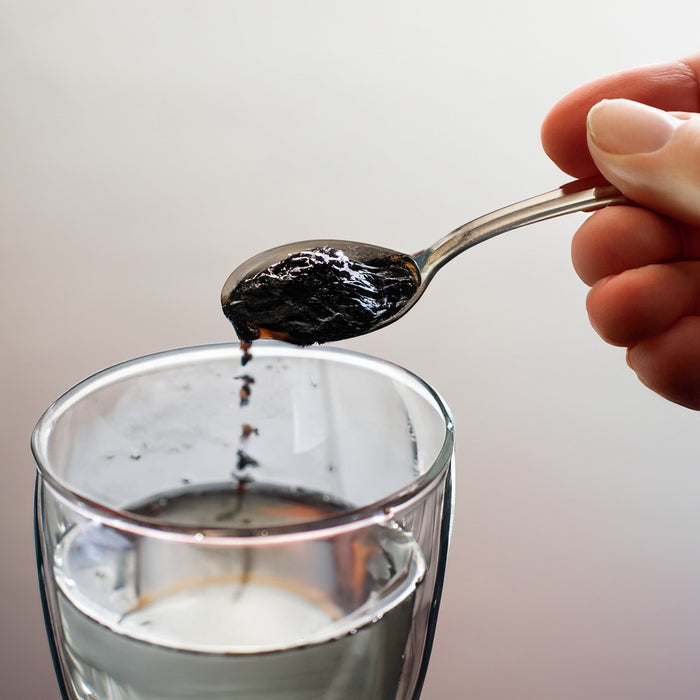


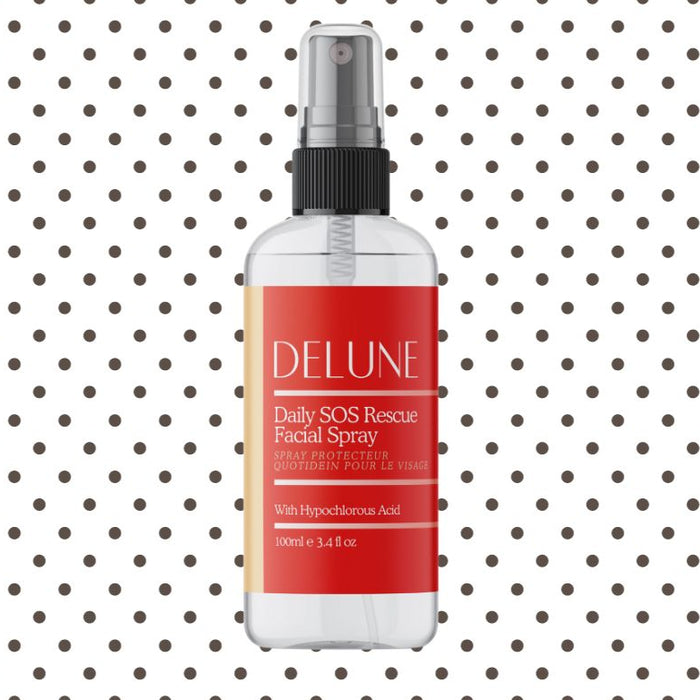

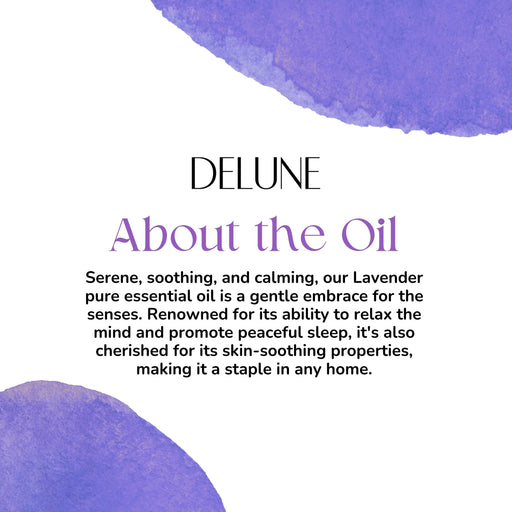
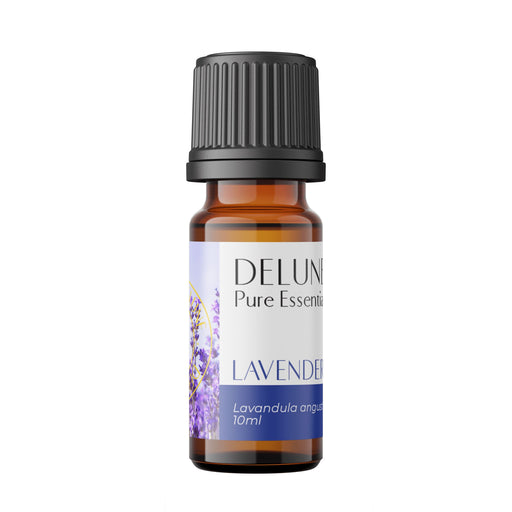
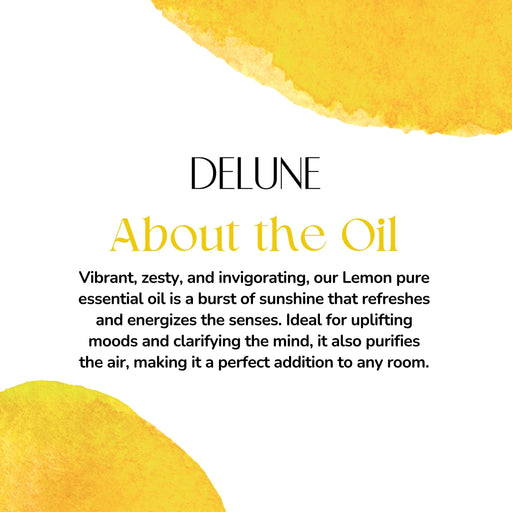
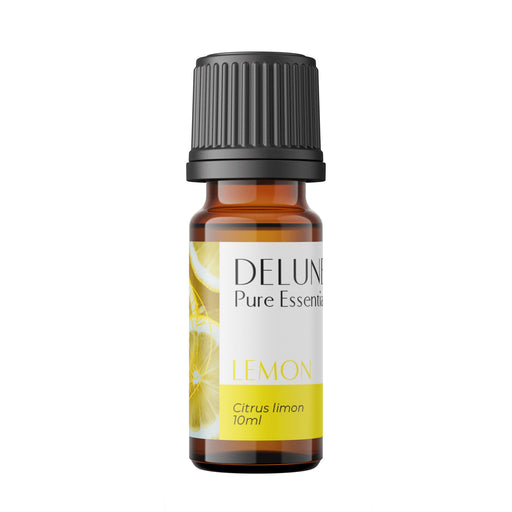
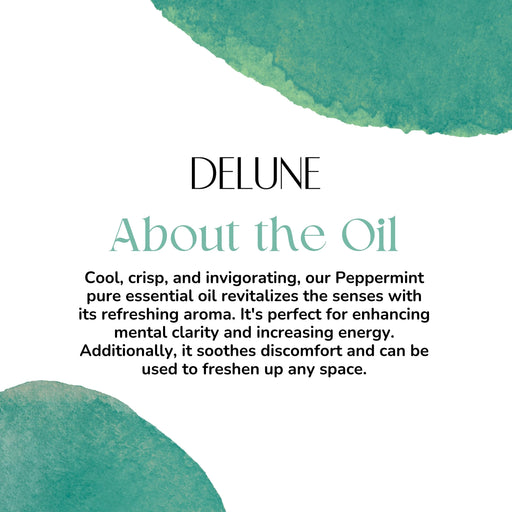
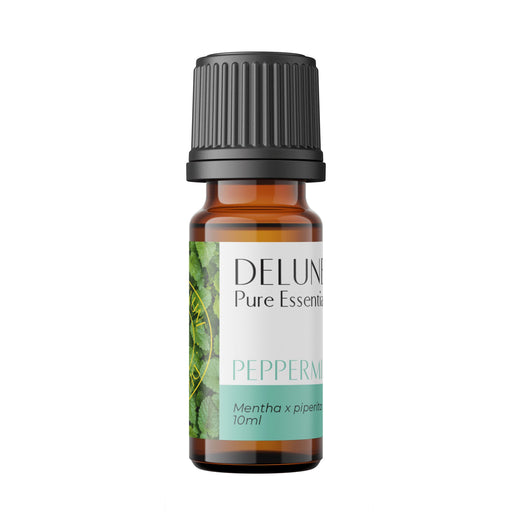
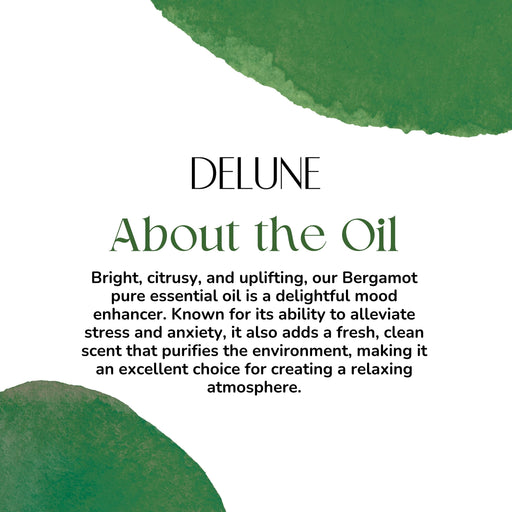
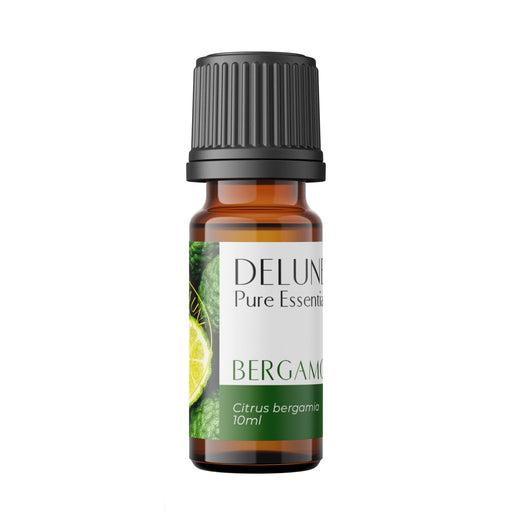
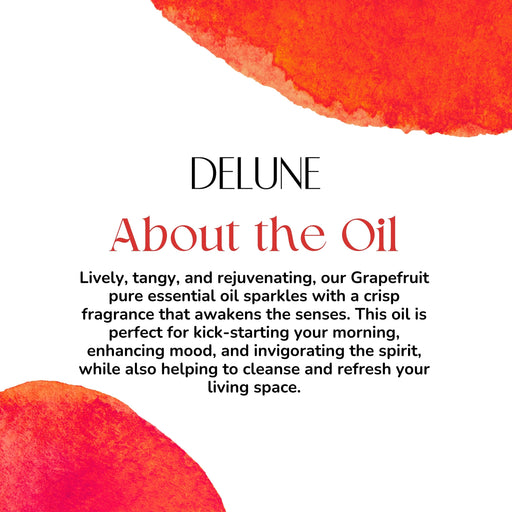
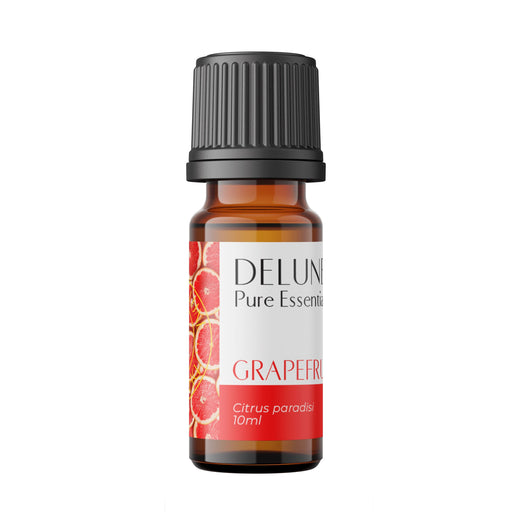
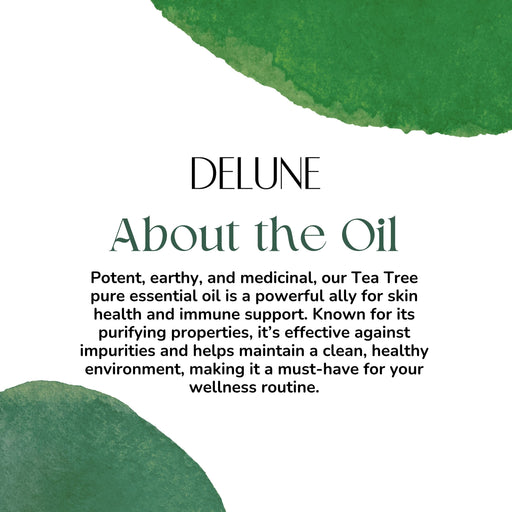
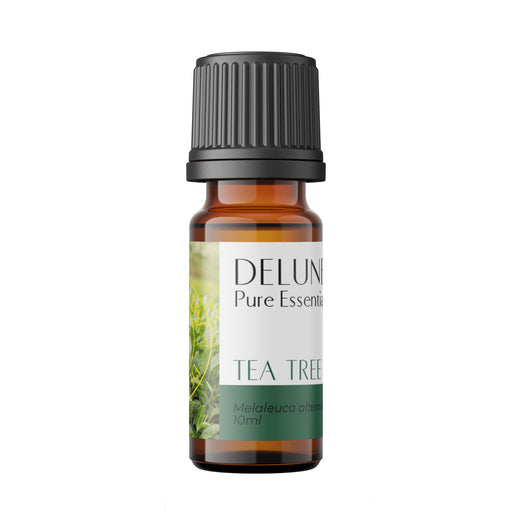
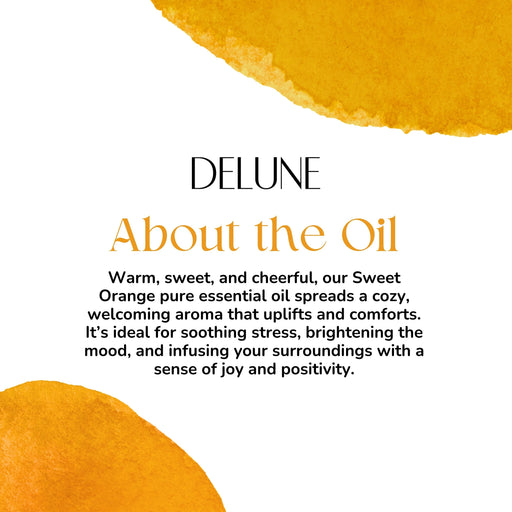
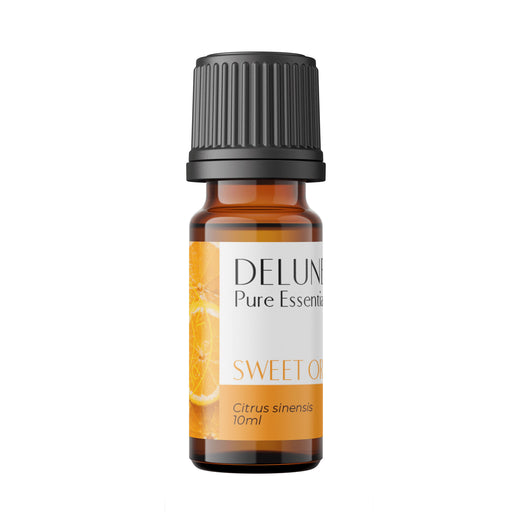
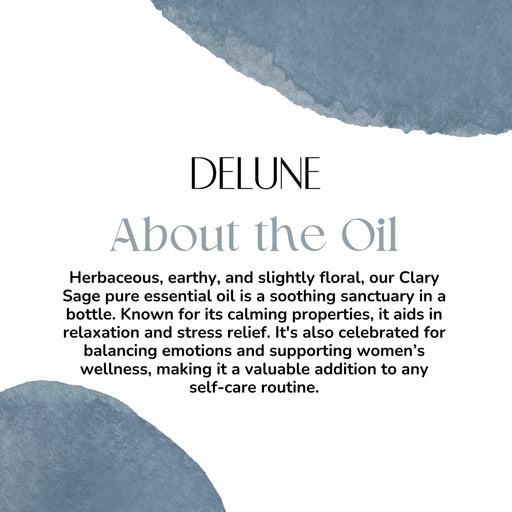
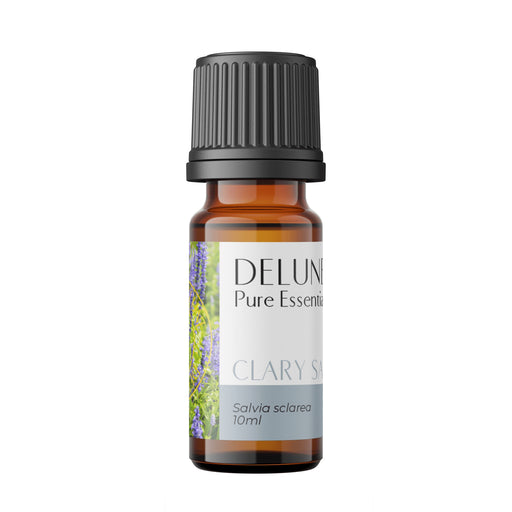
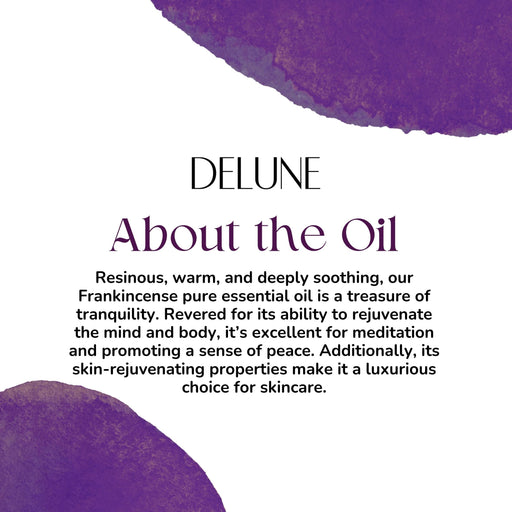
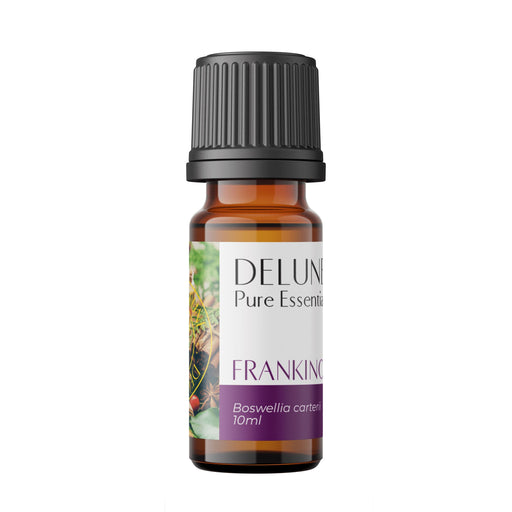
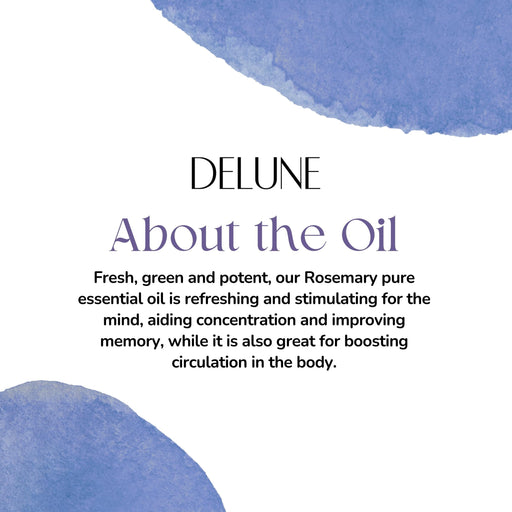
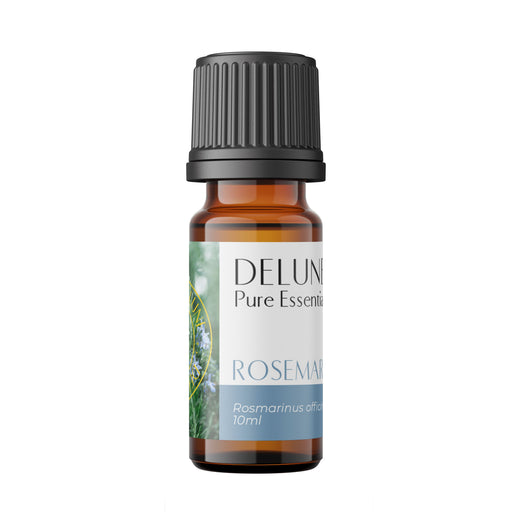
Leave a comment